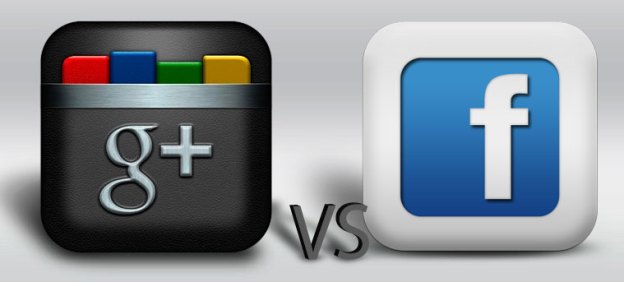
Google would be remiss to use its vaunted talent in algorithms in Google+, MySpace founder Tom Anderson has cautioned in a TechCrunch editorial. Anderson argues that Facebook’s over-reliance on algorithmic filtering of the vast output of information in the network is hurting the company by limiting the amount of control users have over their feeds. As such, Anderson warns, Google should be cautious of trying to find an algorithmic solution to increasing the “signal-to-noise ratio” of Google+.
Anderson suggests that as Google+ gets larger (and more noisy) the company is going to fall back to its bread-and-butter, referring to PageRank as the “founding algorithm” of company and calling it “Google’s most important work.” But this gives rise to his biggest question: “Can a company so enamored with the power of algorithms and machine learning, let the user take control?”
User control is at the heart of Anderson’s argument, and not without merit. A major lasting complaint users have about Facebook is a lack of transparency and command over their own profiles. While this has been most apparent in Facebook’s regular modifications of their privacy policy and the various options associated with it, Anderson says the biggest factor in both networks is control of their streams. Right now, Facebook users’ streams are run by a Facebook algorithm, rather than allowing users to decide from who and what they want to hear. Twitter aside, there hasn’t been a competing social network with an all-encompassing stream until Google+, and with the amount of control Google+ users have over what updates they see, Facebook’s stream can be both misguiding and frustrating.
Even so, Anderson staunchly writes that he indeed loves both networks, but Facebook’s feed algorithm is limiting his contact with friends: “Anyway, I love using G+ and Facebook. On Facebook, nearly all of my “distant” friends and former co-workers are there. It’s the best way to keep in touch with them. But recently I’ve noticed that I get less and less response from my Facebook friends. I post something that used to generate some interaction, and now I receive almost nothing.”
Anderson’s point is that by not giving him (and other users) more ability to discern who’s information comes up in their feeds, the value of it all is lost, largely because the worth of a social network isn’t in maintaining relationships with our closest friends but with our distant ones. As he writes, “Social networks may be more valuable to us in that they allow us to maintain more “weak ties” than we ever could before. Our “strong ties,” after all, are already “strong,” and don’t benefit as much from the technology boost. If you question the value of “weak ties,” how about job networking, dating (a shocking, to some, percentage of new relationships start online), advice/recommendations, or opportunity of any kind?”
Thus, Google has an opportunity to really differentiate Google+ from Facebook despite their love for algorithmic solutions. While Facebook, in Anderson’s eyes, seems to have picked its course, Google+ still offers users a better way to broadcast to and interact with the more distant areas of their network, which helps users maintain larger social circles than they ever could without it. The real question is, with 10 million users and counting, how Google will help users cut through all the fluff.
